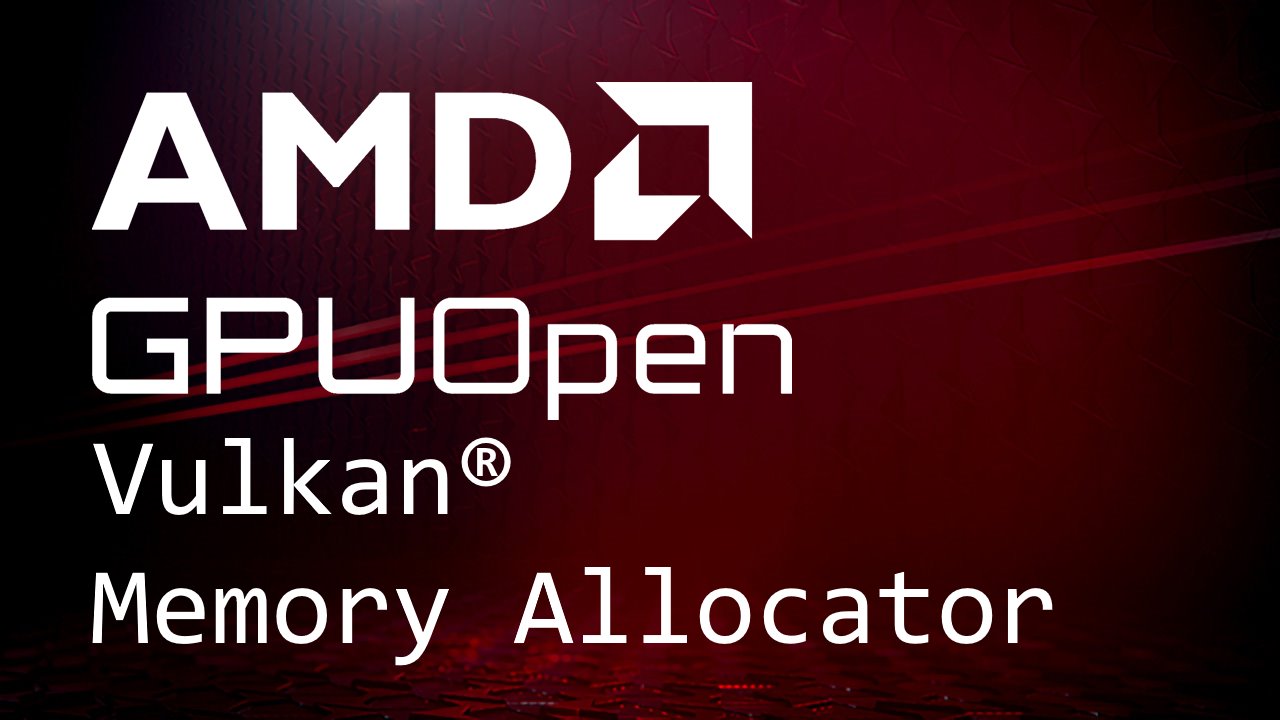
Vulkan® Memory Allocator
VMA is our single-header, MIT-licensed, C++ library for easily and efficiently managing memory allocation for your Vulkan® games and applications.
Our latest Radeon Software Adrenalin Edition driver – 20.8.3 – was released on 27th August 2020. It includes a few recent extensions that aim to improve developer and user experience.
Here’s a brief overview:
This extension adds more dynamic states. This allows applications to reduce the need to recompile and bind pipeline state objects.
Applications with shaders that are used with a large set of unique state combinations can drastically reduce the number of pipelines created, improving both load time and reducing the possibility of runtime hitching.
This extension allows applications (or layers) to store application-defined data in a 64-bit private data slot.
Layers using this extension should be able to achieve higher performance than using global maps for per-object data, improving user experience when running with layers enabled.
This extension adds stricter requirements such that drivers return default RGBA values instead of undefined values for out-of-bounds reads. The number of components returned depends on the number of components present in the selected format.
This adds a piece of functionality in the OpenGL® and OpenGL ES™ APIs that has been missing from Vulkan® until this point, enabling more content to be ported to Vulkan®.
This extension indicates the driver’s support for shader modules using the SPV_GOOGLE_user_type SPIR-V extension.
The DirectX® Shader Compiler can generate SPIR-V shaders containing user-annotated type information present in HLSL, but otherwise missing from SPIR-V, allowing this additional information to be retrieved later via reflection, enabling more content to be ported to Vulkan®.
You can download the 20.8.3 driver here.
You can find out more about Vulkan® here on GPUOpen: